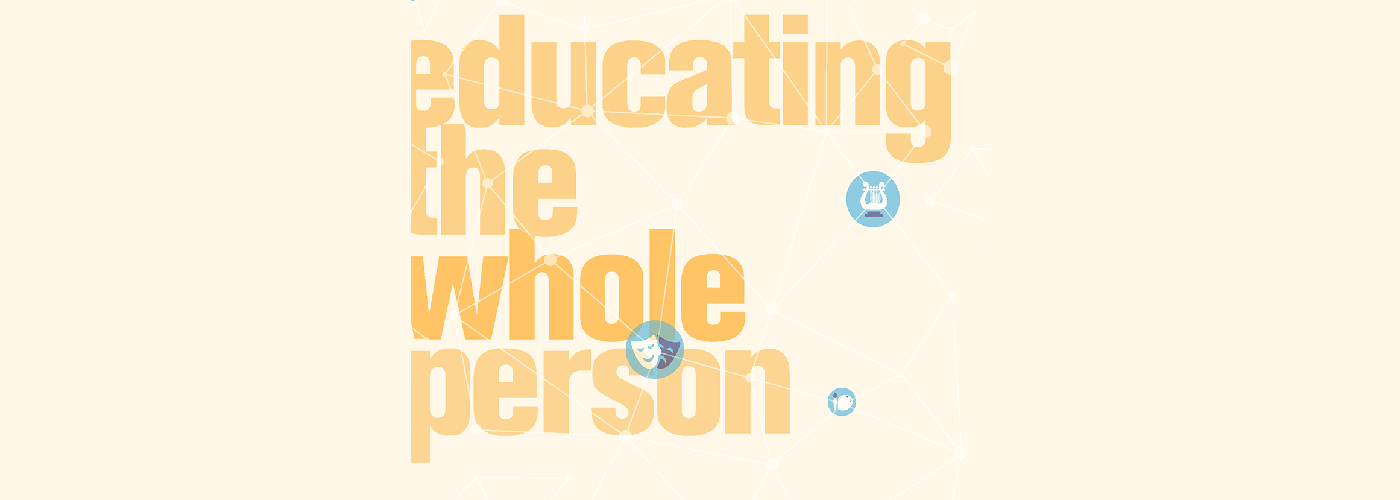
Aaron Panttaja always knew he wanted to pursue a career in law enforcement, so when he chose to study English at Fresno Pacific University, some might have asked, “What will you do with your English major?”
Fast forward four years and Panttaja (BA ’15) has graduated with a Bachelor of Arts in English. Now an officer at Bob Wiley Detention Facility, Panttaja notices something different about his role in the Tulare County Sherriff’s Department. His fellow officers come to him with questions—and not the type one might expect. Instead of inquiring about inmate procedures and prisoner processes, they ask about grammar, spelling and punctuation.
Wiley Detention Facility is run by officers who do more than guard the inmates, after all. A large part of the day-to-day tasks include attending to radio traffic, preparing court paperwork for inmates, reviewing medical paperwork for the infirmary staff and peer reviews made by deputies—duties that require language skills. “When I first started working for my agency and it was discovered I had obtained a degree in English, more deputies began to flock to me asking for me to review their reports before final submission to our sergeant,” Panttaja says.
While society debates the value of the liberal arts versus career and professional training, FPU sees opportunity in combining both, along with ethical and spiritual development, into a whole education.
While society debates the value of the liberal arts versus career and professional training, FPU sees opportunity in combining both, along with ethical and spiritual development, into a whole education.
"And" not "or"
The liberal arts predate political terms such as “conservative” and “liberal” by centuries. In the medieval European university, the seven liberal arts were: grammar, rhetoric, logic, geometry, arithmetic, music and astronomy. Modern colleges and universities include literature, languages, philosophy, history, mathematics and science as the basis of a general, or liberal, education, according to Encyclopedia Britannica.
Perhaps the oldest system of education in the West, the liberal arts have shaped generations of leaders. Today college and university graduates are “gainfully employed and happy,” according to a study by the American Academy of Arts & Sciences*
So a holistic education, combining the liberal arts with professional training and other development, sets graduates apart. Armed with effective communication and clear speaking and writing skills, they can analyze information and situations, represent their point of view, establish vision, model collaboration and skillfully manage systems.
“Business students must always have more than strictly transactional business skills to professionally communicate and succeed—they must give oral presentations and captivating business pitches, write clear and directive emails and have a variety of knowledge and skills,” says Katie Fleener, Ph.D., dean of the School of Business.
Melanie Cordova (BA ’10) is another FPU English grad living the motto of a departmental brochure: “English majors can do almost anything.” With an M.A. in English from New Mexico Highlands University and a Ph.D. in English at SUNY Binghamton, Cordova is a staff writer at Cornell University College of Veterinary Medicine in Ithaca, New York. “I deal with media, government officials, stakeholders on campus and I have to thoroughly think things through before acting. I write articles, speeches, quotes for leadership, talking points, press releases and so many emails—so I use those skills every day,” she says.
Arts and Skills
Liberal arts skills are completely practical in the job market, according to Eleanor Nickel, Ph.D., professor of English and English program director. “Students going into any field need to be experts at discriminating truth from lies, facts from opinions, and liberal arts programs focus on this critical thinking,” she says. “It’s about reading situations with the same sophistication with which they can read texts.”
The performing and visual arts provide similar benefits, whatever the student’s major. “The value of music and art in education in general is looking at something through a different lens,” says Bethany Alvey, Ph.D., assistant professor of music. “When studying choral music in the classroom, we talk about the historical context, the language and the poetry. Students dissect the significance of the author and how different historical movements may have influenced the piece. All of this is integrated into our approach.”
Education at its finest combines contemporary skills with timeless knowledge. Faculty and students join the academic with the artistic, the thinking with the feeling, the judging with the perceiving—and the results are seen in fields ranging from law enforcement to business to media and the arts.
*From Inside Higher Education: fpu.edu/312-humanities
Me
Tell us your story of alumni making a difference in the community at feature.me@fresno.edu



